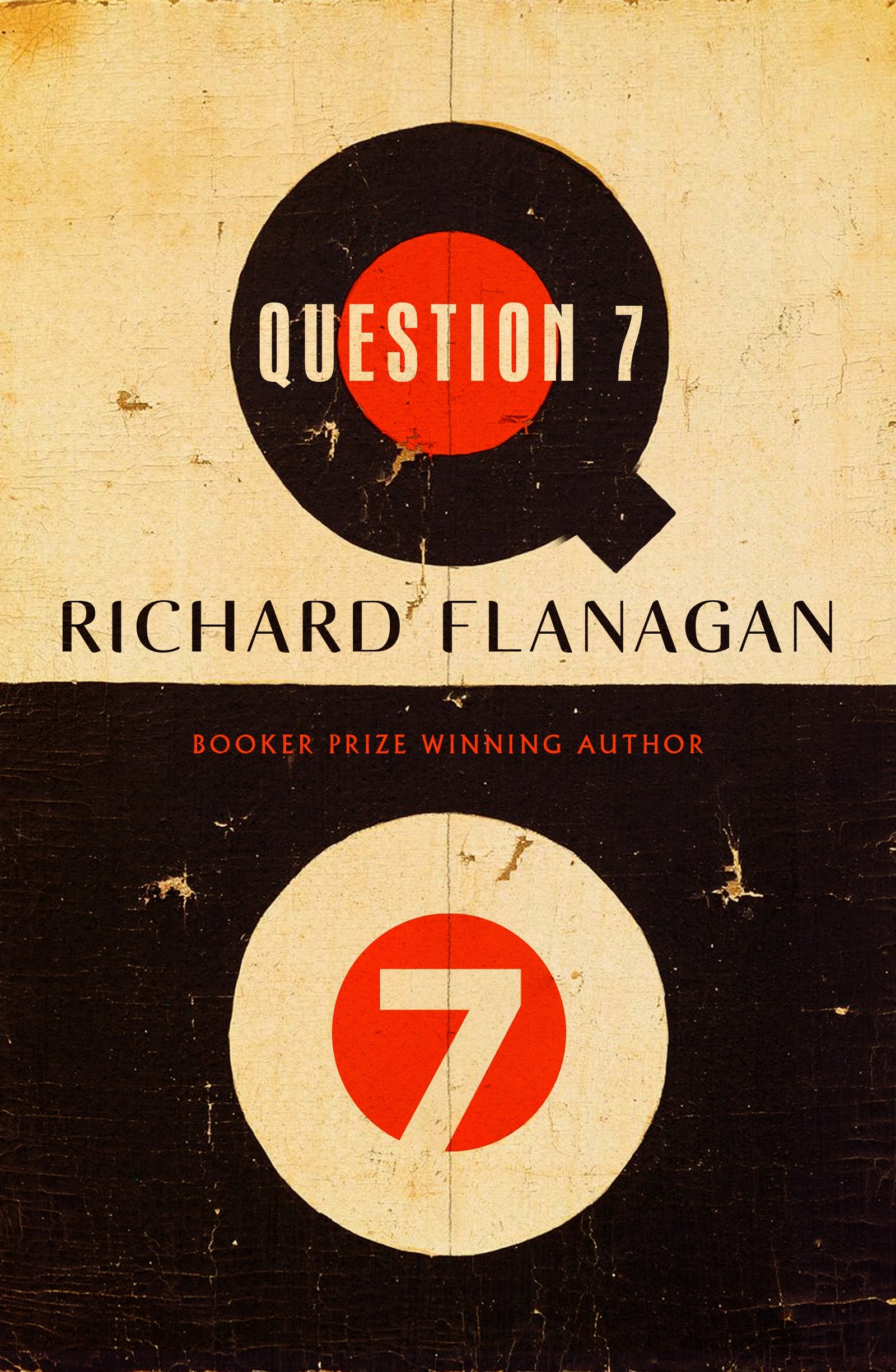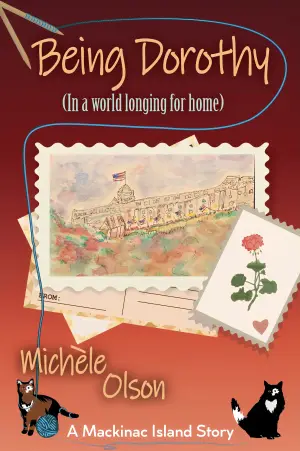A Heartfelt Exploration: Review of "Question 7" by Richard Flanagan
When I first stumbled upon Question 7 by Richard Flanagan, I was immediately intrigued not only by the title’s enigmatic quality but also by its connection to the writer’s homeland of Tasmania and the deep, personal themes woven throughout his work. As a fan of Flanagan’s earlier novels, I was eager to see how he would blend memoir with fiction, create connections across time, and tackle weighty questions about love and trauma.
From the very beginning, Question 7 captivated me with its poignant exploration of familial relationships, particularly the profound impact of Flanagan’s father, a WWII prisoner of war. The author delves into the complexities of his father’s silence regarding his past, painting vivid scenes that evoke both intimacy and a broader universal resonance. For instance, the moment Flanagan describes his mother’s tears while discussing her difficulties with her husband—a tough old soldier who had seen too much—was raw and heartbreaking. It’s in these moments that Flanagan’s strength shines through; he captures emotions that many of us can relate to, rendering them both personal and universal.
The narrative interweaves multiple threads, from the personal to the historically significant, such as Tasmania’s colonization and its violent legacy. Flanagan’s ability to juxtapose his family’s narrative against larger historical contexts deepens the emotional heft of the book. His reflections on memory and trauma reveal how intertwined our personal stories are with the broader tapestry of history: “Sometimes I wonder why we keep returning to beginnings… But there is no truth. There’s only why.” These lines resonated with me deeply, nudging me to consider my own narratives and the layers of history that shape them.
Flanagan’s writing style is both lyrical and grounded, merging poetic elements with a stark realism that makes every sentence sing. He expertly commands the pacing, allowing for reflective moments without losing momentum. His prose is marked by a sense of urgency, compelling readers to not only engage with the text but also to reflect on their own lives. A particular quote stood out to me: “Life is always happening and has happened and will happen…” This echoes the novel’s central theme of continuity, of how we are forever shaped by what came before us, and it lingered long after I closed the book.
In Question 7, Flanagan doesn’t just tell a story; he invites readers to grapple with the questions he poses. The titular Question 7—a perplexing metaphorical question—asks us to reflect on love and longing, pushing us to look beyond the superficial answers that the world often offers. The challenge of finding meaning amidst complexity became a personal journey for me as well. It forced me to confront not just the narratives of others, but the very fabric of my own life experiences.
This book is a heartfelt tribute to familial bonds, a meditation on the weight of history, and a philosophical inquiry into existence itself. I believe Question 7 will resonate deeply with those who appreciate layered, reflective narratives that linger long after the last page is turned. Whether you’re familiar with Flanagan’s work or stepping into his world for the first time, there’s an undeniable beauty and wisdom that will touch your heart. It left me contemplating the intricate connections between our dreams, nightmares, and the truths we uncover along the way.
In a world increasingly obsessed with quick answers and superficial narratives, Flanagan’s work gently urges us to linger with the questions that truly matter. I encourage anyone seeking a profound, contemplative read to dive into Question 7—you might find more than just a story; you might find a part of yourself reflected back.
[ad_2]
Discover more about Question 7 on GoodReads >>







